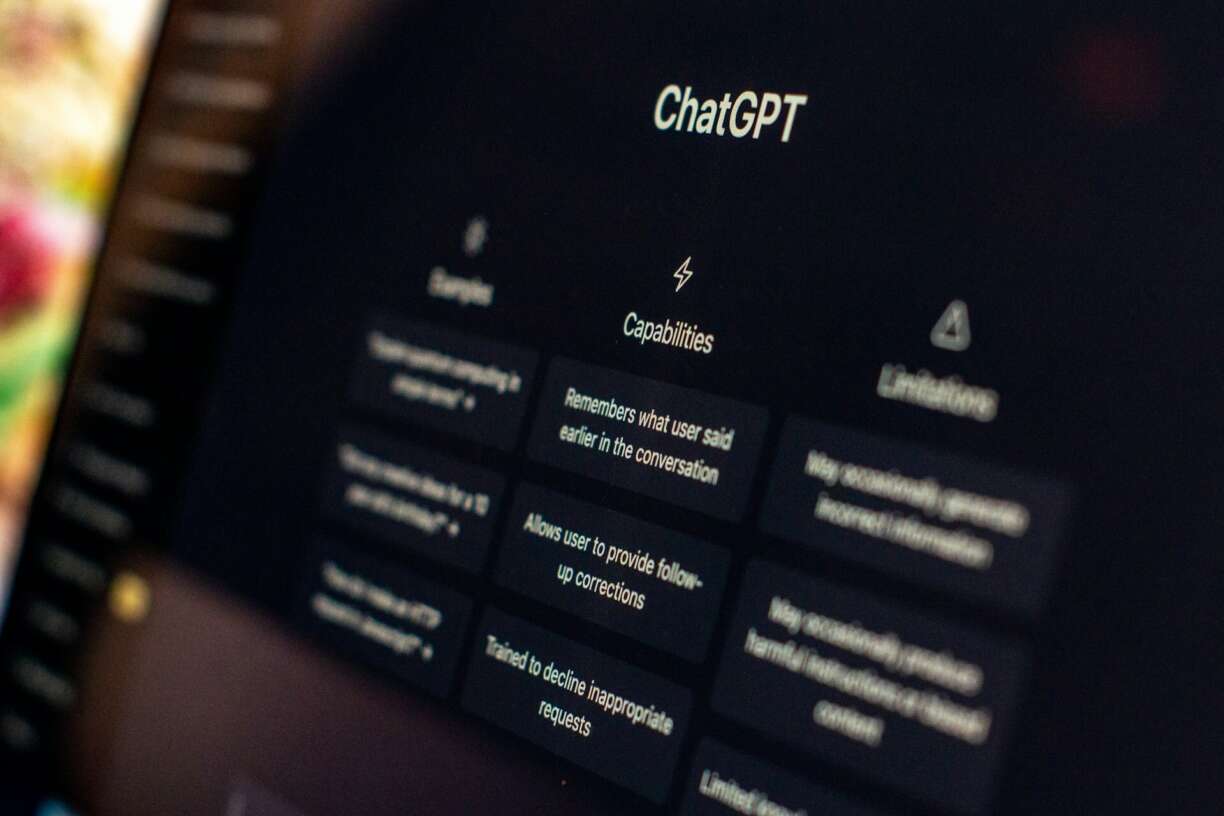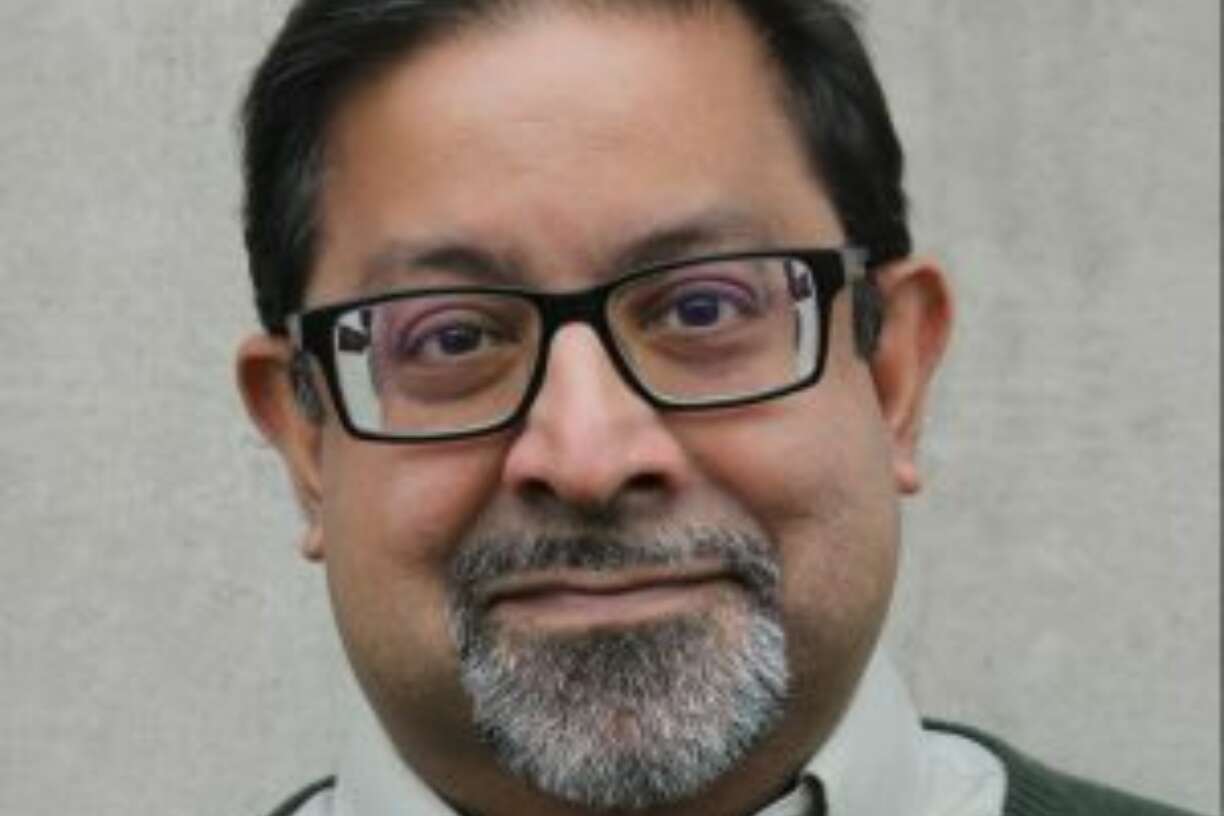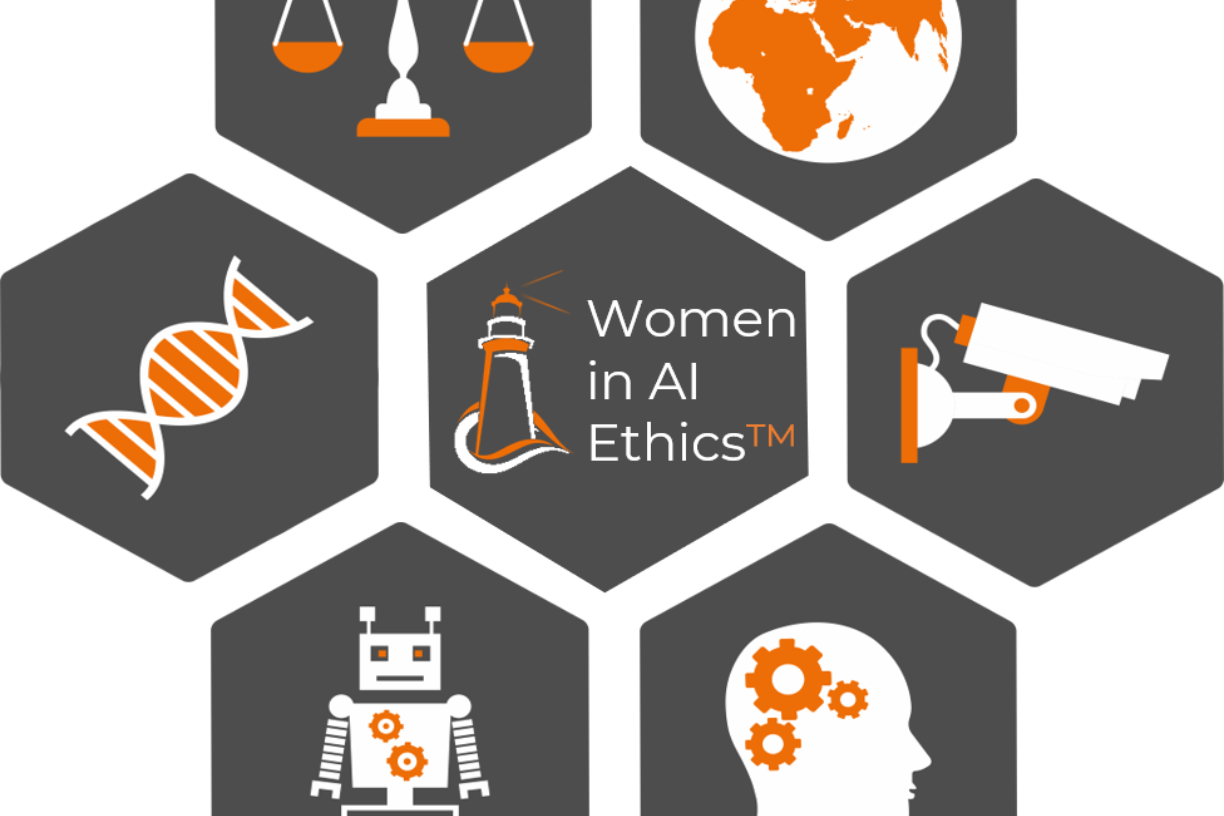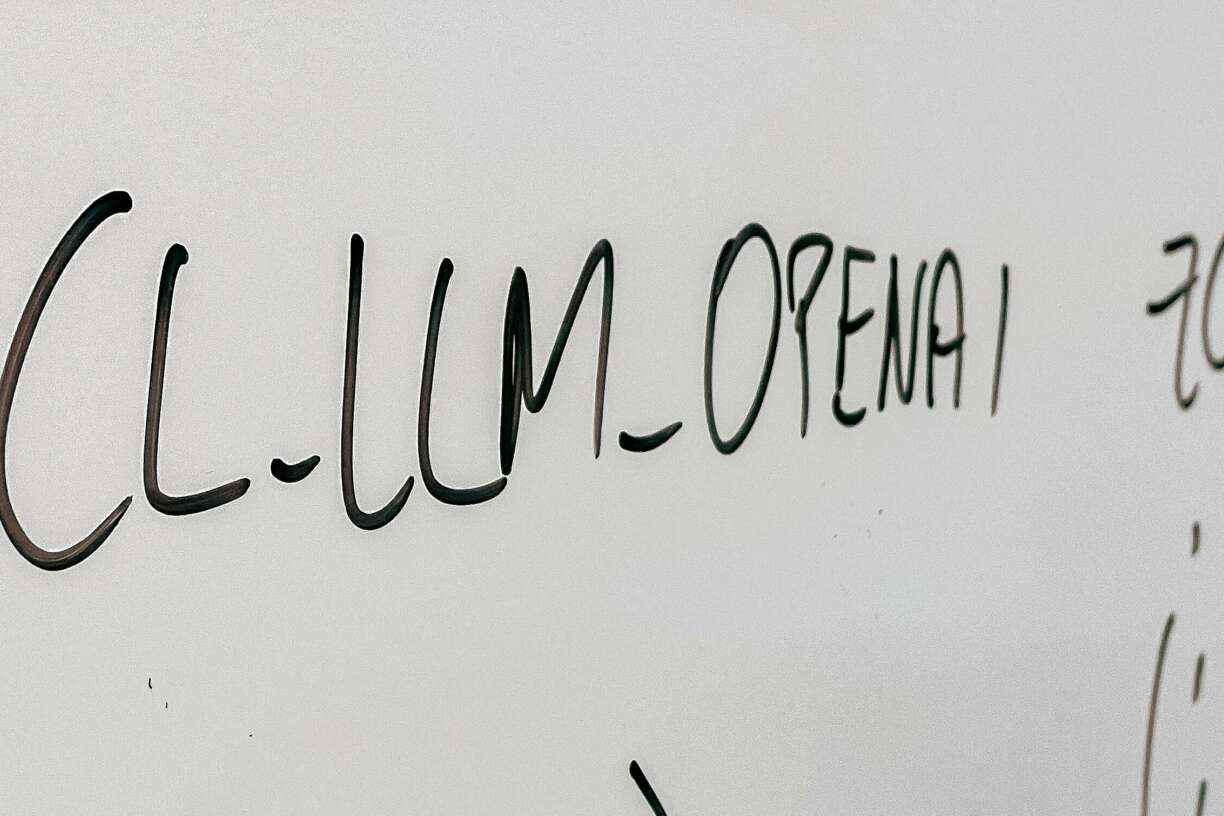February 19, 2024
Navigating the rapid technological evolution is one of the key challenges for AlgoSoc, according to advisory board member prof. Dhavan Shah

Professor Dhavan Shah, McLeod Professor of Communication Research and Louis A. and Mary E. Maier-Bascom Chair at University of Wisconsin-Madison, brings a wealth of expertise to the International Scientific Advisory Council of AlgoSoc. As director of the Mass Communication Research Center (MCRC) and research director of the Center for Communication and Civic Renewal (CCCR), Prof. Shah's research delves into the influence of mass media and interpersonal communication on social judgments, civic engagement, and health support. He combines conventional and computational social science approaches to study politics and health, and often works with computer scientists and engineers to translate research insights into scalable systems to address pressing social problems. We had the privilege of discussing with him the challenges and opportunities facing research programs like AlgoSoc during his recent visit to Amsterdam.
What specific role do you hope to play as a member of the AlgoSoc advisory board?
As a member of the advisory board, I hope to both share ideas and to learn from the remarkable faculties and students involved in this initiative. The innovative approach of bringing together scholars from diverse disciplinary backgrounds is one that I deeply admire. Witnessing how well other similar initiatives in the Netherlands have developed, fills me with confidence in the potential success of AlgoSoc. I anticipate a great deal of learning from this collaboration and hope to make meaningful contributions along the way.
What do you see as most pressing societal challenges which a research program like AlgoSoc could address?
I believe one of the most significant challenges we face is the advent and growth of AI in large language models and computer vision technologies. We are witnessing groundbreaking changes at the forefront, particularly in the realm of algorithms, digital media, especially AI, and their intersection with various aspects of society such as politics, healthcare, social justice, and social integration. Understanding how these forces interact is not only crucial for study but will also reshape our society. Therefore, having a group of young scholars dedicated from the beginning to track and analyze these developments, and to really think about these questions, is crucial. The central challenge is going to be keeping pace with the technological change. But this is a difficult task. I think we as academics almost always lag behind what is happening in society. It is in this context that having young scholars who are very much up to date on what is happening right now is so critical. And I imagine that's going to be at the heart of the work you do, and that prospect is truly exciting.
“I am excited to see the overlap between the questions we are asking in the US and at my university with the work being done within AlgoSoc, as it highlights critical points of intersection.” — Prof. Dhavan Shah
Could you share any insights or findings from your own research that address similar challenges?
My research over the last 15 years has been defined by transdisciplinary collaboration. I have engaged with scholars and practitioners across various fields, including engineering, public health, political science, psychology, and sociology. This cross-disciplinary approach has allowed me to ask and answer some of the most fruitful questions, although creating these networks and collaborations has been challenging yet rewarding. I have found that grant funding opportunities often lie at the intersection of different disciplines where questions remain unanswered. My work has focused on digital media, algorithmic technologies, in relation to health, politics, and society, with numerous points of intersection. However, I believe we are still discovering the questions that will define the next decade. Learning from each other and applying lessons from research areas such as technology and aging, addiction support, cancer care, and societal issues like immigration discourse or social justice remains central. It is crucial to consider how technology may both bring us together and drive us apart, creating social divisions and introducing misinformation. Understanding how technology influences societal dynamics, including foreign influence operations, is paramount. I am excited to see the overlap between the questions we are asking in the US and at my university with the work being done within AlgoSoc, as it highlights critical points of intersection.
What outcomes do you hope to see from the program in the long term (in terms of impact on policy, academia, and society as a whole)?
Ideally, I envision the program to be highly generative and influential, having the unique opportunity to shape the discourse around this topic. With participants coming from diverse fields, you have a unique opportunity to steer the conversation, considering various perspectives and fields of study. The questions we ask and the areas we explore will be defining, particularly in addressing multidisciplinary challenges and technological advancements. However, it is also crucial to consider the human aspect, how individuals interact with technology, especially in areas like health, politics, social justice, and media. Success over the ten-year span would be to define a field space, centered around digital algorithms, society, AI, and related domains. This initiative can play a central role in shaping research agendas, and fostering interdisciplinary collaboration. But more than anything else, I think it's going to maintain the Dutch system, and the University of Amsterdam as one of the centers of that discussion and work.
More results /
 Je medisch dossier inladen in nieuwe functie ChatGPT? Denk 10.000 keer na
Je medisch dossier inladen in nieuwe functie ChatGPT? Denk 10.000 keer na
By Natali Helberger • January 19, 2026
By Roel Dobbe • November 24, 2025
By Roel Dobbe • November 12, 2025
 Combatting financial crime with AI at the crossroads of the revised EU AML/CFT regime and the AI Act
Combatting financial crime with AI at the crossroads of the revised EU AML/CFT regime and the AI Act
By Magdalena Brewczyńska • January 16, 2026
By Sabrina Kutscher • July 02, 2025
By Natali Helberger • March 06, 2025
By Maurits Kaptein • June 06, 2025
By Leonie Westerbeek • November 22, 2024
 Clouded Judgments: Problematizing Cloud Infrastructures for News Media Companies
Clouded Judgments: Problematizing Cloud Infrastructures for News Media Companies
By Agustin Ferrari Braun • January 29, 2026
By Fabio Votta • November 05, 2025
By Ernesto de León • Fabio Votta • Theo Araujo • Claes de Vreese • October 28, 2025






